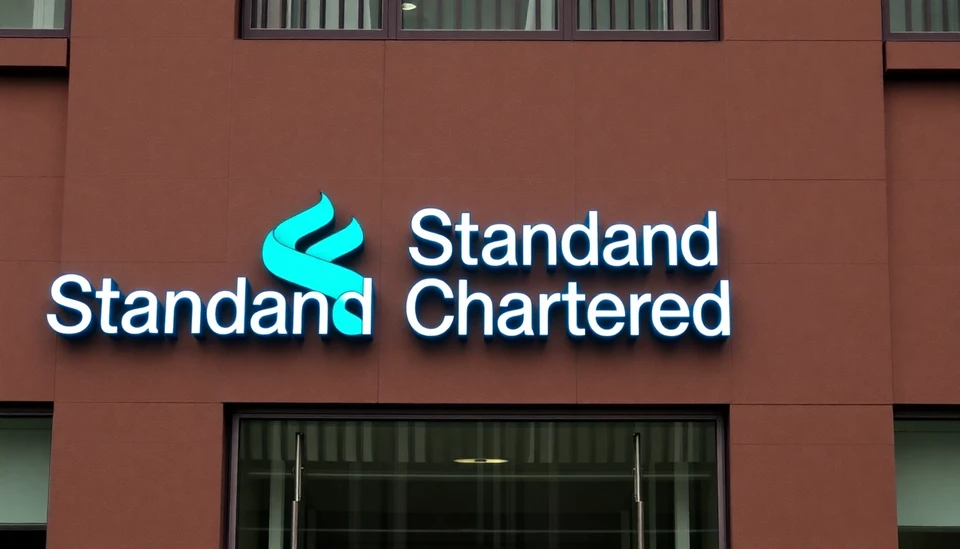
In a significant development within the banking sector, Standard Chartered Bank (StanChart) has revealed it is contemplating the sale of its banking subsidiaries located in Zambia, Uganda, and Botswana. This potential divestiture marks a strategic reassessment for the institution as it seeks to streamline operations and refocus its growth strategies in certain markets across the African continent.
According to sources familiar with the matter, the discussions regarding the sale are still at a preliminary stage, and no final decision has been made. The move reflects broader trends within the banking industry, where institutions are increasingly re-evaluating their exposure in specific regions, particularly in sub-Saharan Africa, where economic challenges have persisted in recent years.
Expert analysts suggest that the sale of these units could allow Standard Chartered to concentrate more on markets that exhibit stronger growth potential and profitability. This initiative aligns with the bank's overall strategy, which emphasizes a more agile and focused approach to navigating diverse and sometimes volatile markets. The bank's leadership is under pressure to maximize shareholder value, especially in light of challenging economic conditions globally.
Standard Chartered has a long-standing presence in these African markets, offering a range of financial services and products. However, the economic landscape in Zambia, Uganda, and Botswana has been marred by fluctuating currency values and regulatory hurdles, prompting banks to reconsider their operational footprints. The institution's exprience in these regions, while significant, may no longer align with its strategic objectives.
In recent announcements, the bank affirmed its commitment to remain in Africa but plans to recalibrate its business model. This reallocation of resources aims to boost profitability and maintain robust growth trajectories in areas where it has a competitive advantage.
The implications of this potential sale are multi-faceted. For Standard Chartered, divesting its operations in these three countries could provide the necessary capital to invest in more lucrative markets or enhance its technological capabilities. For the local economies, however, the exit of a major banking player could have varying impacts, notably on the availability of financial services and potential consequences for business growth and employment in those areas.
Stakeholders in the banking sector, as well as investors, will be closely monitoring the developments surrounding this potential sale. The evolving situation is emblematic of the broader trend of banks reassessing their commitments in certain regions amidst shifting economic realities, prompting some institutions to either consolidate efforts in stronger markets or divest from those that are underperforming.
As this story unfolds, additional details regarding operational strategies and potential buyers are likely to emerge, and the reactions from employees and customers within these markets will also come into focus.
In conclusion, Standard Chartered's contemplation to sell its operations in Zambia, Uganda, and Botswana underscores a significant strategic pivot aimed at enhancing resilience and profitability amidst fluctuating economic conditions in these markets.
#StandardChartered #BankingNews #AfricaEconomy #Divestment #FinancialServices #Zambia #Uganda #Botswana #BusinessStrategy
Author: John Harris




